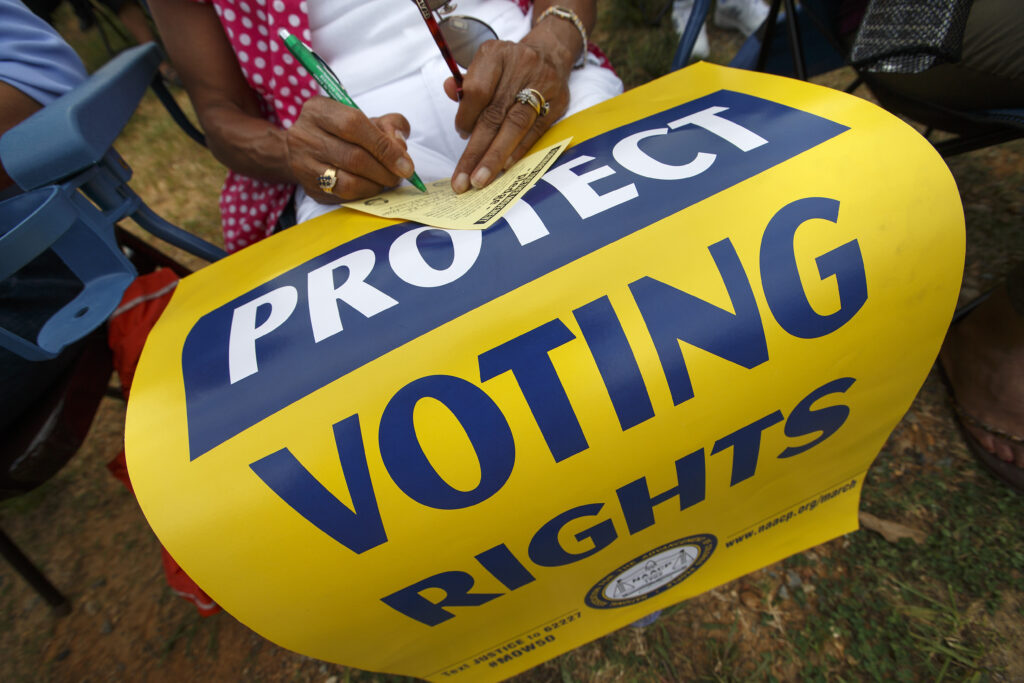Understanding the Impact of the 8th Circuit Voting Rights Act Ruling

The 8th circuit voting rights act ruling has sent shockwaves across the nation, sparking urgent discussions about the future of voting rights protection in the United States. Recent decisions have significantly altered who can legally enforce the Voting Rights Act (VRA), particularly in seven Midwest states. In this article, we'll break down what happened, explain the legal and social implications, and look at what comes next.
Background: What Prompted the 8th Circuit Ruling?
For decades, private citizens and advocacy groups have played a crucial role in enforcing the VRA. Their ability to file lawsuits has been a vital check on racial discrimination in the electoral process. However, a new decision from the 8th U.S. Circuit Court of Appeals changed this dynamic. Now, only the U.S. Department of Justice can file lawsuits under Section 2 of the VRA in Arkansas, Iowa, Minnesota, Missouri, Nebraska, North Dakota, and South Dakota.
This impactful move originated from a case that challenged North Dakota's legislative redistricting affecting Native American representation. As CNN details, the 8th Circuit concluded that neither the Voting Rights Act nor an associated civil rights statute (Section 1983) grants private parties the ability to sue for racial discrimination in voting.
Key Details of the Court's Decision
The panel's decision was split 2-1. The majority opinion, as explained by NPR, found that because Congress did not clearly state a private right of action in Section 2 of the VRA, enforcement actions must now be brought exclusively by the Justice Department. Chief Judge Steven Colloton dissented, pointing to decades of established precedent where over 400 private lawsuits had been successfully brought under Section 2.
The new ruling not only affects the seven states within the 8th Circuit but also has the potential to influence nationwide election law, depending on future appeals to the U.S. Supreme Court. Legal experts believe that this decision could, if upheld, further limit judicial routes for marginalized groups seeking voting rights protections.
Implications for Minority Voters and Future Legal Battles
The most immediate consequence is the restriction on private individuals and groups to challenge discriminatory electoral practices. As Democracy Docket reports, the ruling weakens a key tool used by minority communities to protect their electoral voice. For instance, Native American tribes in North Dakota argued that legislative maps diminished their representation. Under the new rule, such claims now depend on the capacity and willingness of the Department of Justice—currently strained by staffing issues—to take action.
There is concern that if the Supreme Court takes up the case and affirms the 8th Circuit’s stance, this limitation could extend beyond the Midwest, reshaping the VRA’s impact on a national scale. Experts warn this would effectively kneecap the civil rights law that, since 1965, has been essential to combating voting discrimination.
What Happens Next?
The tribes and advocacy groups who brought the North Dakota lawsuit are now considering an appeal. If the case heads to the Supreme Court, a broader precedent could be established, either affirming or overturning private enforcement of voting rights protections. For communities affected by gerrymandering or racially polarized voting practices, the path to justice is now less accessible.
Those advocating for robust voting rights protections urge lawmakers, courts, and the public to remain vigilant. While the 8th circuit voting rights act ruling currently limits legal recourse in seven states, the national conversation about how and who may enforce the right to fair elections is far from over.
Conclusion
The 8th circuit voting rights act ruling marks a pivotal change in the landscape of American civil rights law. With private enforcement now off the table in much of the Midwest, the burden falls squarely on the federal government. The ongoing legal challenge and potential Supreme Court review will determine how enduring this new approach becomes—and what it means for the future of democracy in the United States. Stay informed and continue to follow trusted sources like CNN, NPR, and Democracy Docket for future updates.